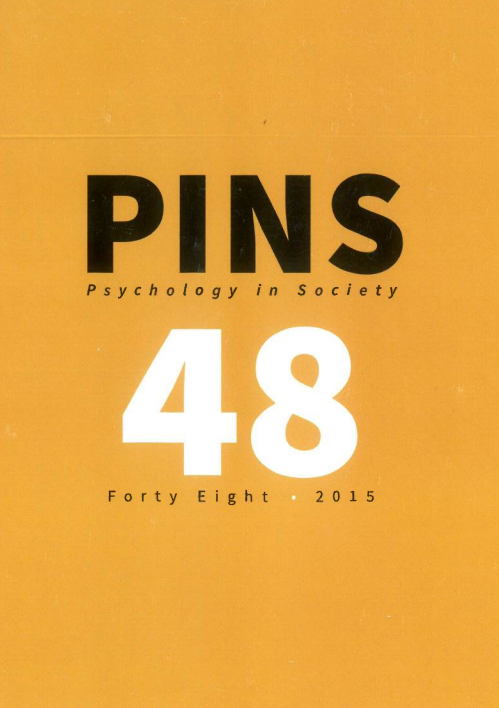Pedagogical variation with computers in mathematics classrooms: A Cultural Historical Activity Theory analysis
DOI:
https://doi.org/10.17159//2309-8708/2015/n48a3Keywords:
cultural historical activity theory,, pedagogy, teaching with computers, pedagogical modes, primary school mathematicsAbstract
South Africa’s crisis in mathematics attainment is well documented (DBE, 2013; Spaull, 2014; WEF, 2014). To meet the need to develop students’ mathematical performance in schools the government has launched various initiatives using computers to impact on mathematical attainment. While it is clear that computers can change pedagogical practices, there is a dearth of qualitative studies indicating exactly how pedagogy is transformed with Information Communication Technologies (ICTs) in a teaching activity. Consequently, this paper addresses the following question: how, along which dimensions in an activity, does pedagogy alter with the use of computer drill and practice software in four disadvantaged grade 6 mathematics classrooms in the Western Cape province of South Africa? The paper draws on Cultural Historical Activity Theory (CHAT) to develop a view of pedagogy as socially situated. Four ideal pedagogical types are identified: Reinforcement pedagogy, which has the reinforcement of specialised knowledge as its object; Collaborative pedagogy, which has the development of metacognitive engagement with specialised knowledge as its object; Directive pedagogy, which has the development of technical task skills as its object, and finally, Defensive pedagogy, which has student regulation as its object. Face-to-face lessons were characterised as predominantly Reinforcement and Collaborative pedagogy and most computer lessons were characterised as mainly either Defensive or Directive.
Downloads
Downloads
Published
How to Cite
Issue
Section
License
This journal is an open access journal, and the authors' and journal should be properly acknowledged, when works are cited.
Authors may use the publishers version for teaching purposes, in books, theses, dissertations, conferences and conference papers.
A copy of the authors’ publishers version may also be hosted on the following websites:
- Non-commercial personal homepage or blog.
- Institutional webpage.
- Authors Institutional Repository.
The following notice should accompany such a posting on the website: “This is an electronic version of an article published in PINS, Volume XXX, number XXX, pages XXX–XXX”, DOI. Authors should also supply a hyperlink to the original paper or indicate where the original paper (http://www.journals.ac.za/index.php/pins) may be found.
Authors publishers version, affiliated with the Stellenbosch University will be automatically deposited in the University’s’ Institutional Repository SUNScholar.
Articles as a whole, may not be re-published with another journal.
The copyright of the article(s) lies with the author(s).
The copyright of the journal lies with PINS-psychology in Society.
The following license applies:
Attribution CC BY-NC-ND 4.0 - https://creativecommons.org/licenses/by-nc-nd/4.0/

